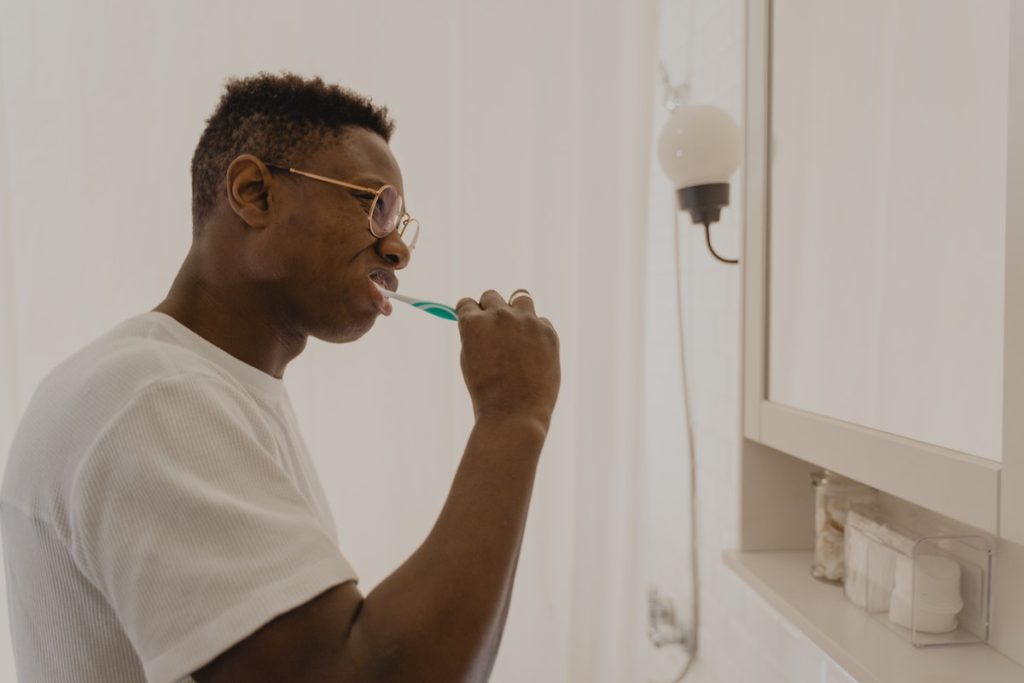If you have been diagnosed with gum disease, don’t panic! There are many ways to treat the problem and get your gums back to their healthy state. The first step is to visit a dentist for a proper diagnosis and treatment plan with a hygienist Richmond. Depending on the severity of the disease, different methods of treatment may be prescribed, such as antibiotics, scaling, surgery or laser treatment. Following the dentist’s instructions is key to a successful recovery from gingivitis and more advanced forms of periodontal disease.
What is gum disease?… and how do you know if you have it
Gum disease, also known as gingivitis, is an inflammation of the gums. It is often the first sign of infection in the mouth. The main cause of gum disease is plaque, a sticky film of bacteria that constantly forms on teeth. If plaque is not removed, it turns into tartar, which can only be removed by a dentist.
Symptoms of gum disease include red, swollen, and bleeding gums; bad breath; receding gums; sensitive teeth; and loose teeth. If you have any of these symptoms, see your dentist as soon as possible.
Gum disease can be treated with a combination of dental cleaning, antibiotics, and lifestyle changes. See your dentist for a diagnosis and treatment plan.
How is gum disease treated
If you have gum disease, your dentist will likely treat it with a combination of therapies. This may include a deep cleaning to remove plaque and tartar from below the gum line, antibiotics to kill the bacteria that cause the disease, and/or surgery to remove the diseased tissue. In some cases, your dentist may also recommend a special mouthwash or toothpaste.
Good oral hygiene is essential to treating and preventing gum disease. Be sure to brush and floss your teeth at least twice a day, and visit your dentist regularly for professional cleanings and checkups.
How to take care of your gums when you have gum disease

If you have gum disease, it’s important to take care of your gums in order to prevent the disease from progressing. Here are some tips for taking care of your gums:
- Brush your teeth twice a day with a fluoride toothpaste.
- Floss at least once a day.
- See your dentist for regular checkups and cleanings.
- Quit smoking, if you smoke.
- Eat a healthy diet and avoid sugary foods.
By following these tips, you can help keep your gums healthy and prevent the progression of gum disease.
What can you do to prevent gum disease from happening in the first place
There are a few things you can do to prevent gum disease from happening in the first place. First, make sure you are regularly brushing and flossing your teeth. This will help remove plaque and bacteria from your teeth and gums. Additionally, try to limit your consumption of sugary foods and drinks, as these can increase your risk of developing gum disease. Finally, visit your dentist for regular checkups and professional cleanings.

